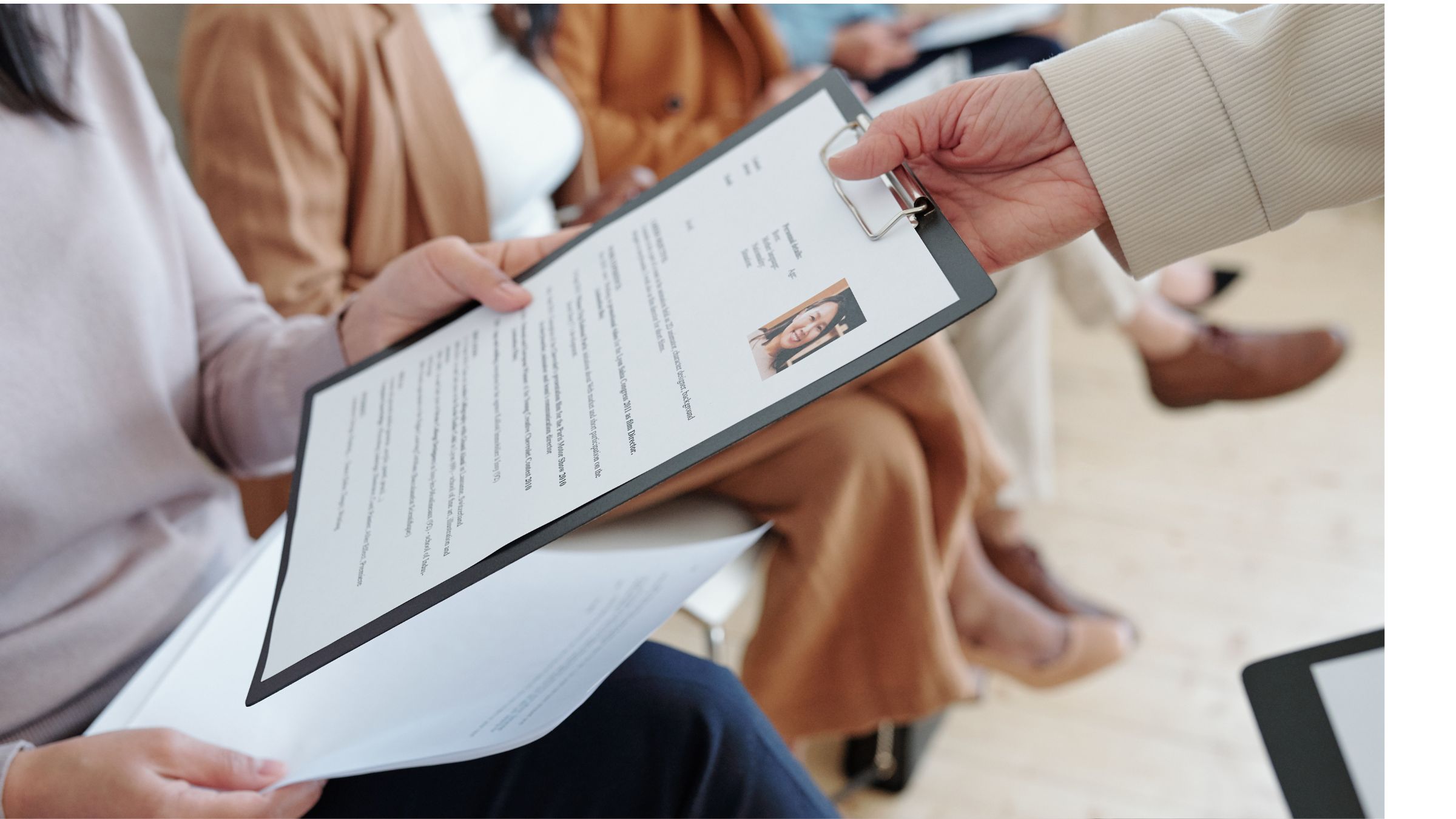Hiring Bias: What is it and how does it affect hiring decisions?
It’s uncomfortable to talk about and even the word bias is a term that many want to avoid. But the facts are there to tell us that despite our best efforts, bias exists and unconsciousness bias is another uncomfortable truth that hiring managers need to face up to and confront. Before we can confront it, we need to first define what it exactly is and this can also be difficult.
Unconsciousness bias, broadly speaking, refers to any implicit preferences or prejudices that affect how we judge a person’s skills, abilities, or character. The problem lies in the fact that when we make these judgments we are often unaware that we are not making objective, rational choices.
There are many types of unconscious bias, but the commonality is that it is all related to assumptions, whether these are positive or negative.
For example, affinity bias refers to how we are all psychologically more inclined to have a more positive reaction to a person if they have similar characteristics to ourselves. This can be based on several characteristics such as:
Ethnicity
Gender
Age
Educational background
Social class
Religion
Hiring Bias And Hiring Decisions
After all the best training, the best team, and the best intentions, you’d think that the risk of bias in hiring is small. Unfortunately, that’s not the case, and there’s a reason for that.
When recruiting for a new role, hiring managers will have to look through hundreds of CVs, and make quick choices about who progresses to the next stage in a very limited time period.
This is when the risk of unconscious bias comes up as when we have lots to do in a limited timeframe, we use our System 1 brain. And this is the mode that results in quick, unconscious decision making and it is based on emotion, instinct, and taught associations that we have of the world around us.
There’s no doubt that when we’re deciding who to hire, we should be using our System 2 brain which is our analytical mode where logic and reason lead, meaning we can assess candidates clearly.
So what can we do during the hiring process to lower the chance of unconscious bias? One way is to use anonymised hiring which reduces the risk of bias in the selection stage.
Contact us today to discuss anonymised hiring.

